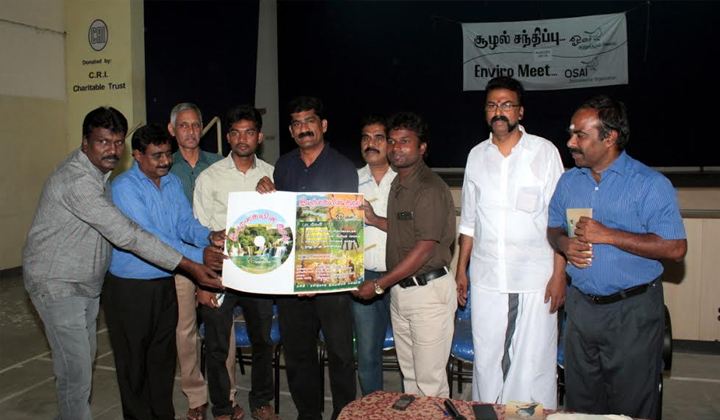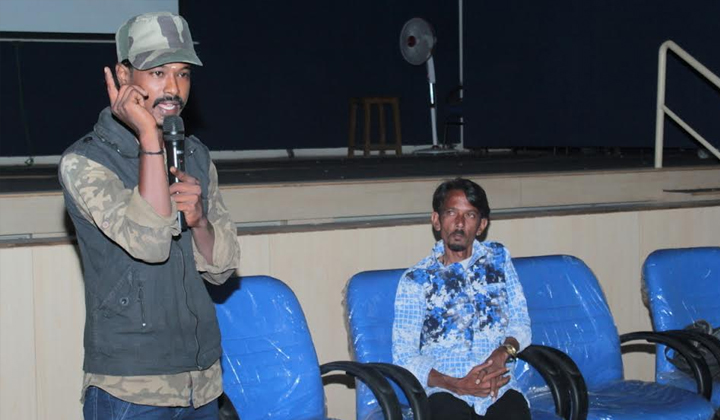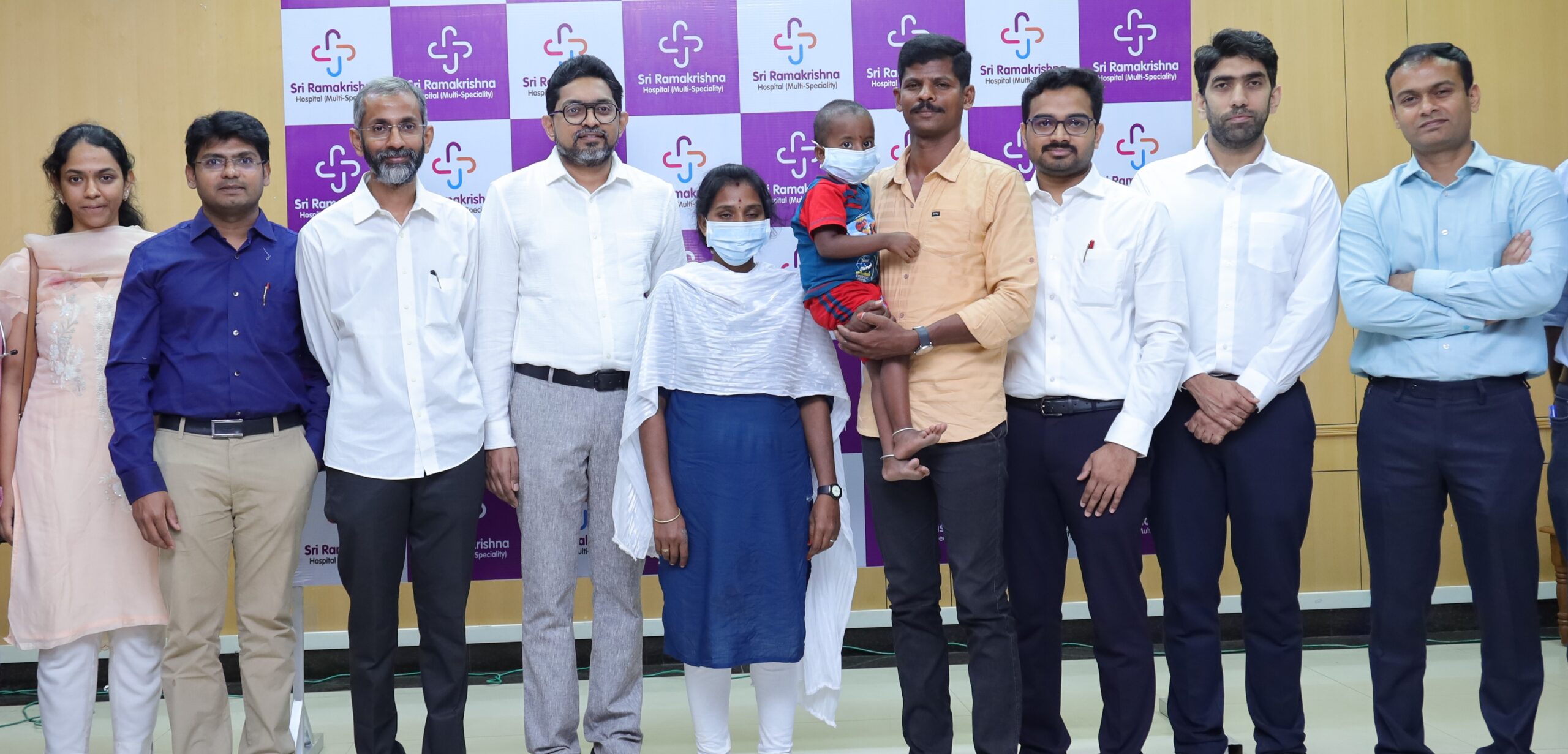Trending Now
- 830 voters names go missing in Kavundampalayam constituency
- If BJP comes to power we shall consider bringing back electoral bonds: Nirmala Sitaraman
- Monitoring at check posts between Kerala and TN intensified as bird flu gets virulent in Kerala
Coimbatore
Snakes are killed due to misunderstanding, say snake rescuers
![]() August 29, 2016
August 29, 2016
Amongst the top things that send shivers down the spine of even the bravest of them all are the snakes. But, according to the snake rescuers from Coimbatore, most often these reptiles get beaten to death during their encounters with humans merely because of ignorance, lack and awareness, and fear.
K. Santhosh, from the Wildlife and Nature Conservation Trust (WNCT), and AR Ameen Badusha, from Coimbatore, on Sunday shared at the Osai meet about how these creatures are mistaken for one another.
“Not all snakes are venomous. Of the 300 snakes in the country, only 10 per cent are poisonous. The Big Four, including Indian Spectacled Cobra, Russell’s Viper, Common Krait, and Saw Scaled Vipers, are highly venomous,” said Santhosh.
He further added that since it is difficult to tell them apart, non-venomous snakes are often mistaken for poisonous ones, and vice versa, which results in casualties on both sides. “Recently a policeman was bitten by a Russell’s Viper when he tried handling it, thinking it was an Indian Rock Python. Most often, reptiles like Wolf snakes and Cat snakes are killed because they look a lot like one of the venomous vipers,” Santhosh added.
Ameen Badusha, who is involved in rescuing snakes for the last 17 years, claimed that people should immediately approach the Coimbatore Medical College Hospital (CMCH), as all type of anti-venom are available.
“A noose should be tied above the bite spot. It should not be too tight and the victim should not panic,” he said, adding that even the bites of non-venomous snakes should be treated. If left untreated, they could cause bacterial infection.
“A normal TT injection should be taken for any snake bite. Their fangs might contain the bacteria from the other animals they eat,” he informed.
“Anti-venomous drugs available at CMCH and treatment for snakebites is given around the clock. But, private hospitals have been making huge money for treating snakebites. A hospital in Erode charges Rs.10,000 per day. Before taking the victim to the Government Hospital, as first aid, bandage should be tied (a gap should be given for fingers to move inside) over the place where the snake had bitten. The patients should also consume Echinacea-q homeopathic medicine, like a tea, once every hour,” said Santhosh, who had captured more than 5,700 snakes in the last 15 years.
Santhosh started catching snakes at the age of 15 due to a passion for the reptiles. He was bitten twice by poisonous snakes, and at least a hundred times by non-poisonous ones.
Snake rescuers warned the audience that handling of these reptiles should be done only by experts as even they sometimes get bitten during rescue operation, despite all the care and caution.
Lack of financial support was also a hindrance for these men as they are forced to spend from their own pockets for the rescue operations. “People should support and help these men whenever they come for a rescue,” said K. Kalidass, of Osai.
Santhosh can be contacted at 99943 06539, and Ameen can be reached at 90475 31628 for rescue operations.
























